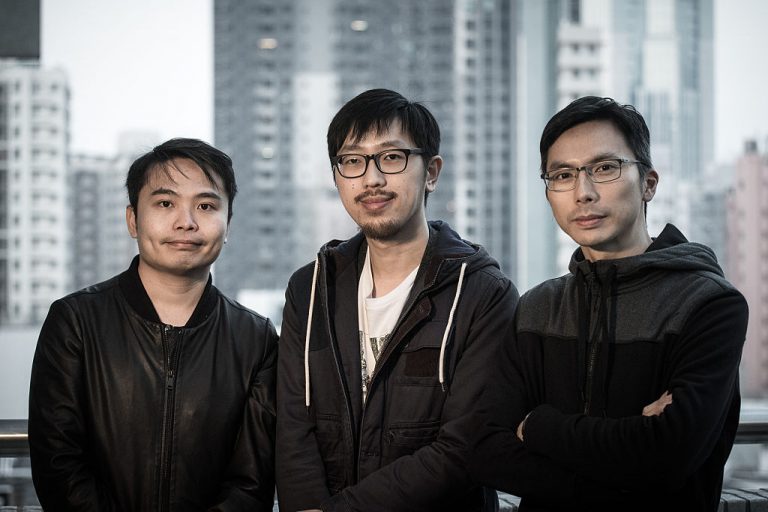Hong Kong, a city that was once celebrated for its democracy and freedoms in the Far East, is reeling under the National Security Law (NSL) that was passed in June of last year. Adding to the woes of Hongkongers, the legislature passed a new film censorship law on Oct. 27 that gives authorities the power to ban movies.
The Film Censorship (Amendment) Bill 2021 was approved with support of the pro-establishment lawmakers of the Legislative Council (LegCo). According to the Hong Kong government, the law is targeted at content that seeks to “endorse, support, glorify, encourage and incite activities that might endanger national security.”
“Our objective is simple and direct – it is to improve our film censorship system and effectively prevent and suppress any act that would endanger national security… I believe that most films would not have any national security consideration … This bill would provide clear rules for the industry to follow, so that they would not cross the red lines accidentally,” Secretary for Commerce and Economic Development Edward Yau Tang-wah said during the LegCo meeting.
Film censorship inspectors now have the power to enter any premises suspected of screening unlicensed movies without a warrant. The law also allows local film censors to request up to 28 days to carefully examine movies that may contain elements deemed harmful to national security. Those who are found guilty of violating the law face up to three years in jail and a fine of up to HK$1 million (US$128,548.00).
As the new rules prevent the Board of Review from re-examining decisions made on the basis of national security, filmmakers cannot question the censorship body’s decision. Those who wish to challenge the decision will have to take a legal action by initiating a judicial review in Hong Kong’s courts, which is an expensive and lengthy legal process.
Success
You are now signed up for our newsletter
Success
Check your email to complete sign up
The impact of the legislation has raised concerns among experts and content producers, who feel that creativity and freedom of expression would take a hit in the city that was once dubbed “Hollywood of the Far East.”
Filmmaker Kiwi Chow, whose documentary “Revolution of Our Times” was featured at the Cannes Film Festival this year, told Reuters that the new law “will worsen self-censorship and fuel fear among filmmakers.”
Darrell West, a senior fellow at the Center for Technology Innovation at the Brookings Institution, told Bloomberg that businesses are now working in a “treacherous climate” when making content decisions.
“One of the last vestiges of free speech in Hong Kong is now gone. The result is self-censorship by filmmakers who now have to question what might run afoul of the new rules and increased scrutiny by financiers and distributors who now must consider that very same question,” Director Joe Piscatella told The Hollywood Reporter. Piscatella directed a documentary on Hong Kong democracy activist Joshua Wong.
Meanwhile, pro-Beijing lawmakers criticized the law as its scope is limited to only traditional screening and did not address online streaming platforms like Netflix, Amazon, and YouTube.
Yau, the Secretary for Commerce and Economic Development, replied that the government requires more time to “carefully and comprehensively” review making more modifications to the structure of local film censorship. At present, foreign streaming companies like Netflix and Disney Plus are available in Hong Kong while being banned in the mainland.














